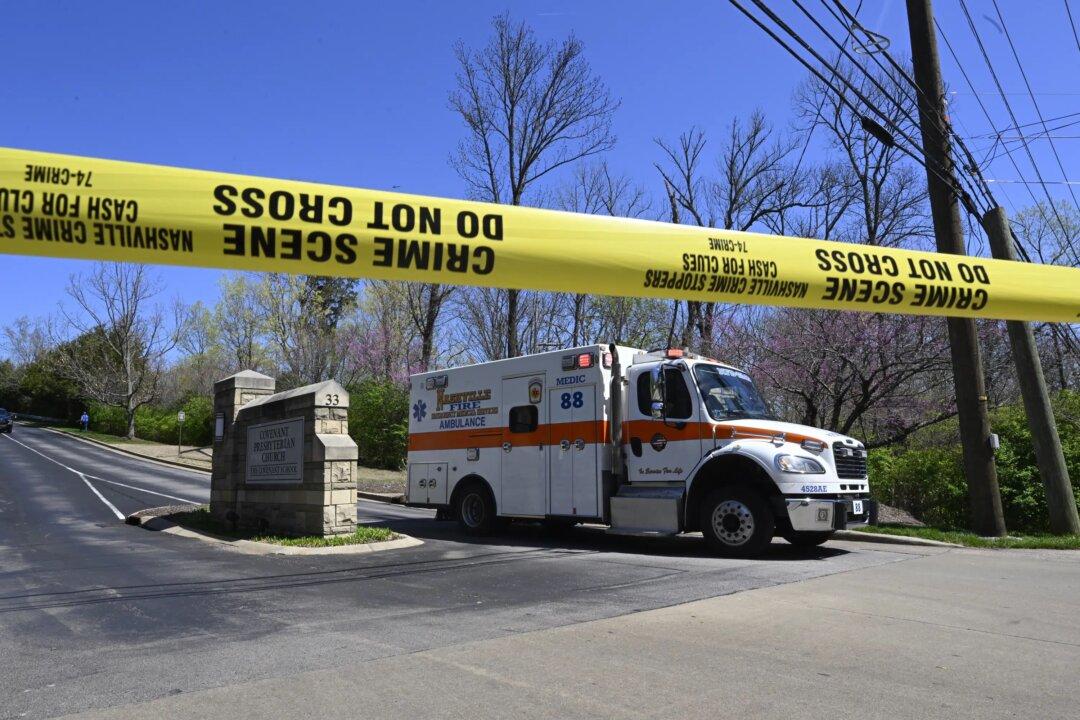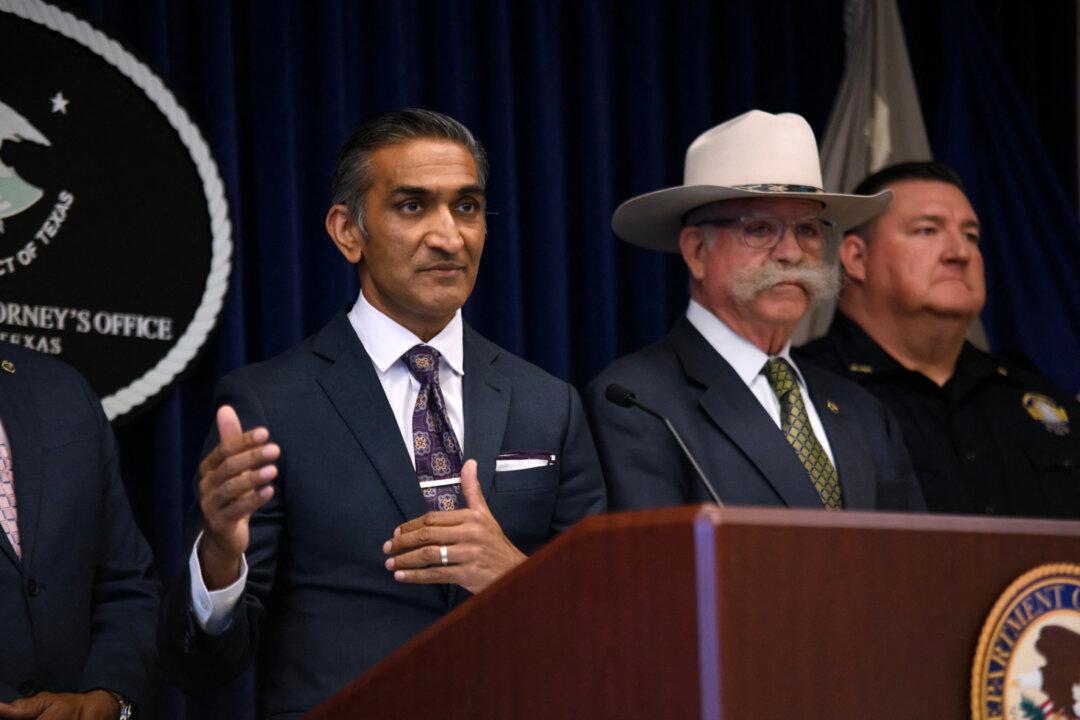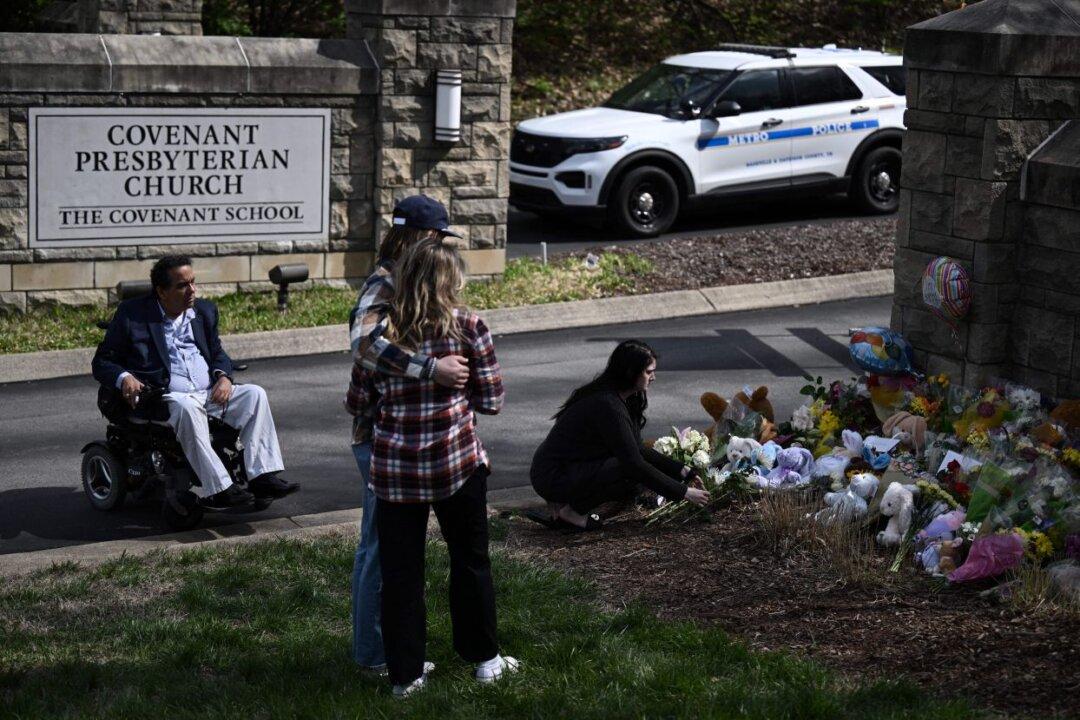Tennessee Chancery Court Judge I’Ashea L. Myles ruled on July 4 that none of the writings left by Nashville school killer Audrey Hale can be released, citing copyright claims of the victims’ families.
Judge Myles declared in her ruling that “materials created by Hale are exempted from disclosure based on the federal Copyright Act.”





